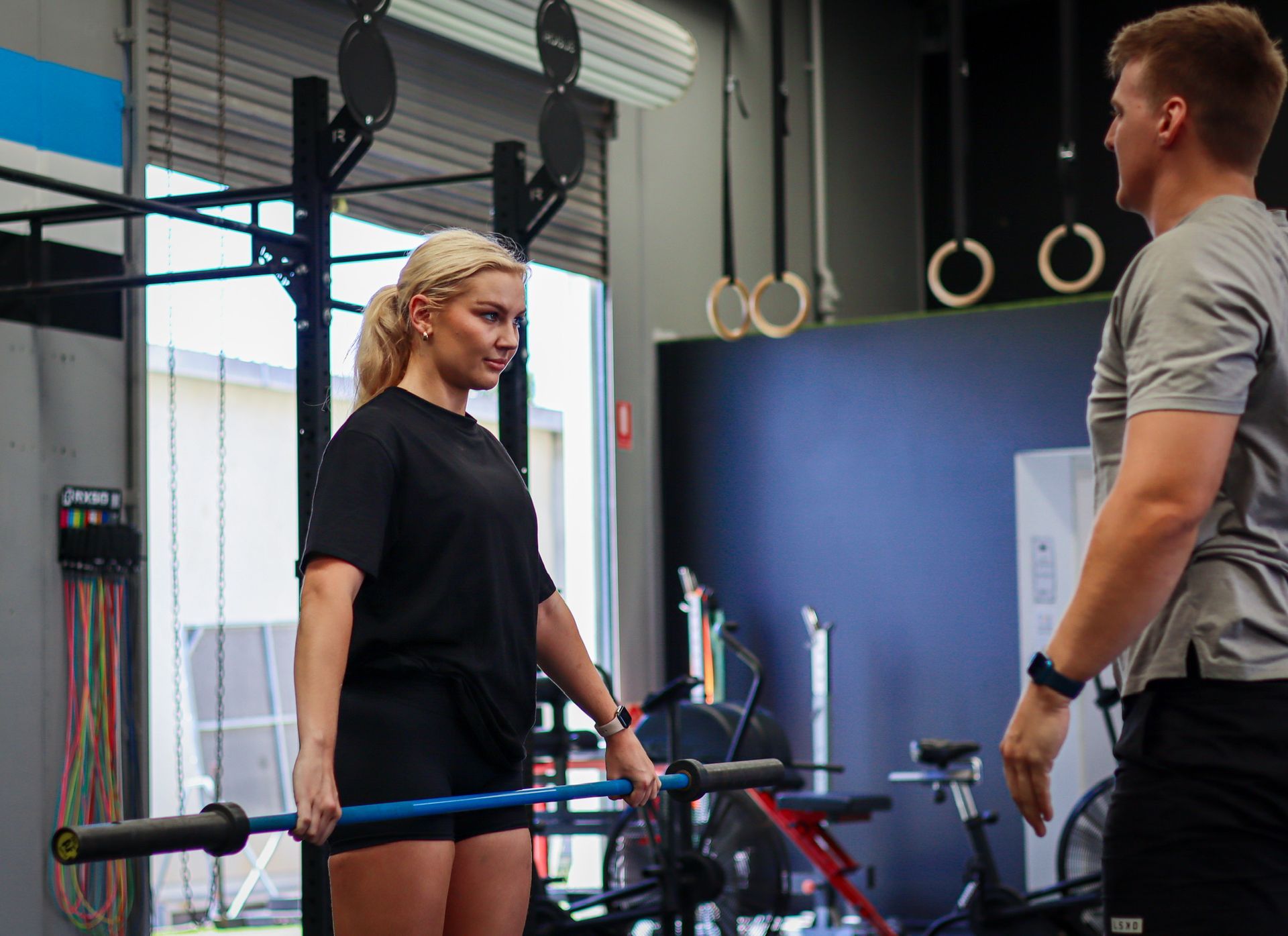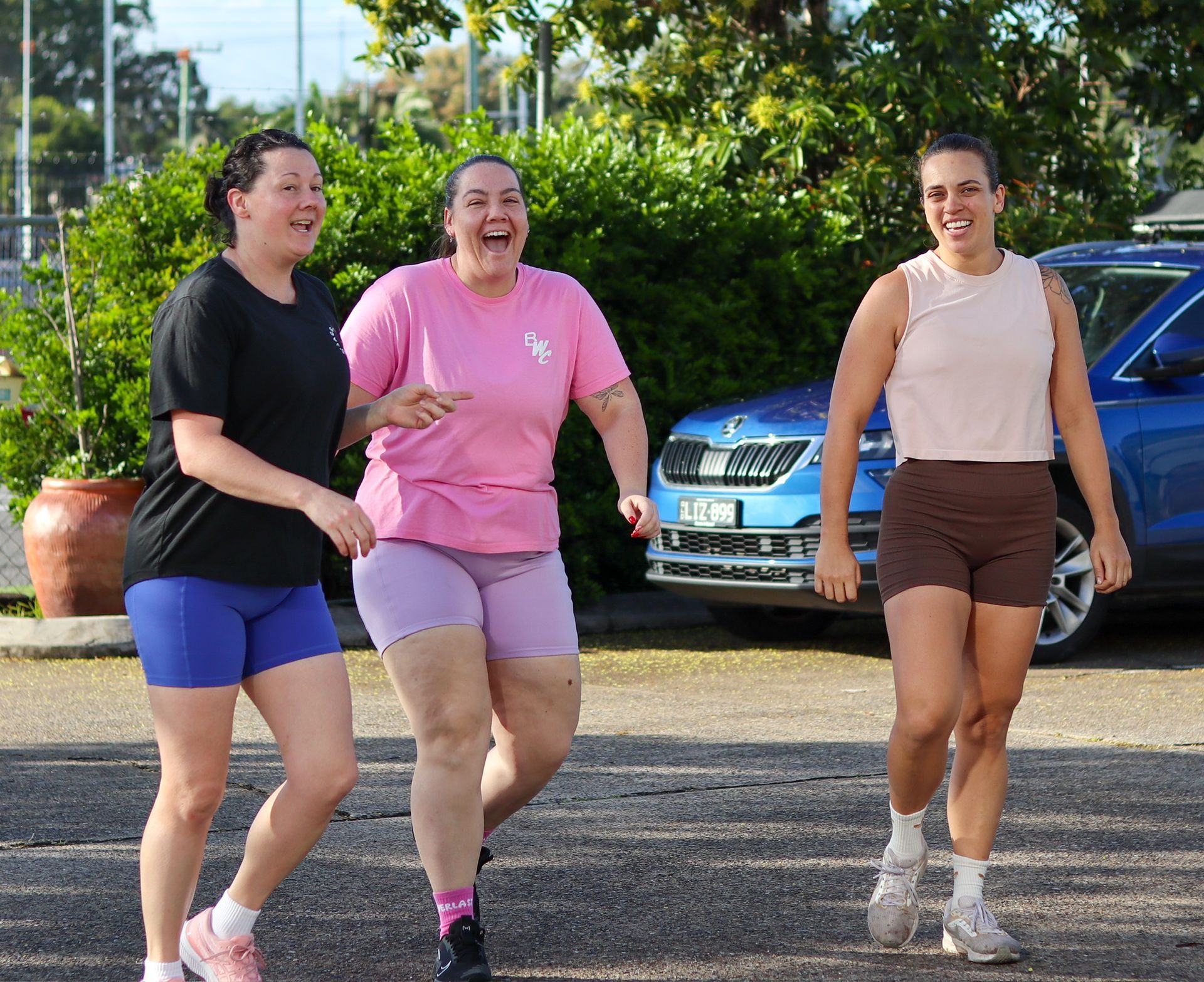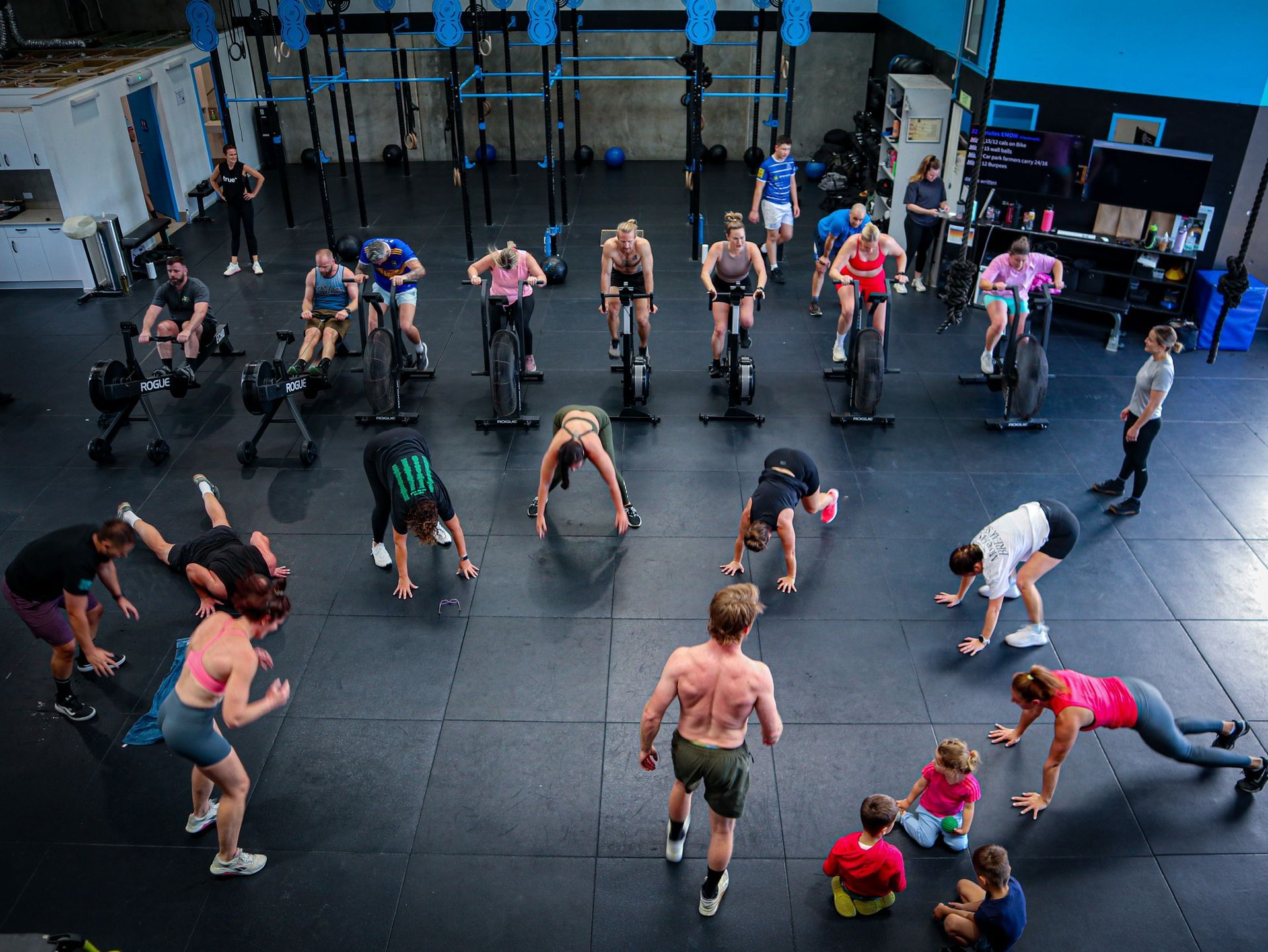Some Helpful Tips For Fat Loss Goals We Wish Everyone Considered
Many people want to reduce body fat and lose weight—but often make mistakes when it comes to their nutrition habits.
While nutrition is complex (and why it’s a full profession on its own), there are simple tips that are often overlooked when it comes to achieving sustainable fat loss.
Here are 10 key tips to help guide your journey:
1. Stop Eliminating and Demonising Food Groups
Eliminating entire food groups is not sustainable and often unnecessary. Focus instead on balance and moderation, not restriction.
2. Avoid Crash Dieting with Very Low-Calorie Intake
1200-calorie diets might seem tempting for quick results, but:
- They’re unsustainable.
- They often lead to energy crashes and plateaus.
- Extreme deficits lower your non-exercise activity, slowing fat loss progress.
Long-term success comes from moderate, manageable calorie deficits.
3. Glorify Movement—Move More!
Don’t just rely on the gym for fat loss. Daily movement like walking, standing, stretching, and being active outside of workouts plays a huge role in your overall energy balance.
4. Be Kind to Yourself
Change is hard, and progress is not linear. Expect ups and downs—and be patient and compassionate with yourself through the journey.
5. Plan for Weight Maintenance After Weight Loss
Weight loss is only part of the journey—maintenance is key. Having a realistic, structured plan to maintain your new body composition is crucial for long-term success.
6. Prioritise Sleep (Aim for 6–8 Hours per Night)
Sleep improves:
- Energy levels
- Appetite regulation
- Workout recovery
It’s easier to stick to good nutrition and exercise habits when you’re well-rested.
7. Eat Your Protein
Protein is vital for:
- Muscle recovery
- Maintaining satiety, helping you feel full longer
This makes it easier to maintain a calorie deficit without feeling deprived.
8. Eat Your Fruits and Vegetables—Increase Food Volume
Fruits and vegetables:
- Are nutrient-dense
- Help fill your plate without excess calories
- Support cravings control and overall health
Prioritising volume foods can help you feel more satisfied and curb hunger.
9. Manage Your Alcohol Intake
Drinking itself isn’t the issue—but reducing intake can help in many ways:
- Lower calorie consumption
- Better sleep
- Improved recovery
- Enhanced decision-making around food
10. Be Consistent
Small daily habits create big results over time.
Avoid chasing instant results with drastic changes.
Consistency beats perfection—build habits you can stick to.
Final Thought
Fat loss doesn’t have to be confusing. Start by
doing the simple things right and
staying consistent. Over time, you’ll build
better habits,
improve your health, and
achieve the results you’re working for.
Previous Blogs




